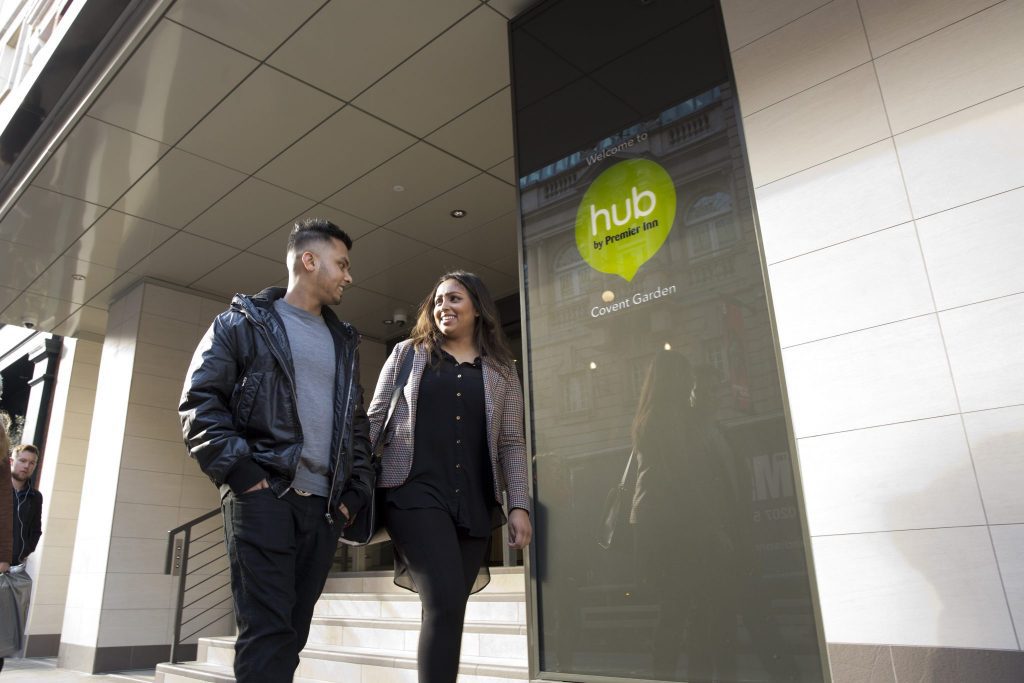Skift Take
While most economic forecasts think that leaving the European Union will be bad for the United Kingdom, uncertainty over how, when, or even if, Brexit occurs is doing plenty of damage at the moment.
The United Kingdom may be inching closer to some form of Brexit resolution but uncertainty over how and when the company will leave the European Union continues to do damage to businesses.
Premier Inn Owner Whitbread’s hotel operation is almost entirely UK-focused and as such it is at the mercy of consumer and business confidence in one country.
Worse still, data from hospitality analytics firm STR suggests that while London is coping OK, the rest of the UK has struggled.
This is a problem because Premier Inn has a much higher exposure to the UK regional market — around 85 percent of annual room night demand —compared with London.
“The ongoing political and economic uncertainty in the UK has led to the continuation of a subdued market, especially in the regions where most of our hotels are located. Conversely, we’ve seen a good performance in our smaller London market, which is driven by international visitors, and therefore, the strength of the pound,” Whitbread CEO Alison Brittain told analysts on Tuesday.
Brittain may not have mentioned Brexit directly but is clear what she meant.
How long will this uncertainty last? No one knows for sure.
The UK government, led by Prime Minister Boris Johnson, has put a new exit deal to Parliament, but once again political divisions means that its progress isn’t guaranteed. Johnson wants to leave the EU by October 31 “do or die” but even if he manages to make that happen the country would still be in limbo during a transition period until at least the end of December 2020.
In the mean time — save for a few internal levers — Whitbread and other businesses are at the mercy of outside events.
“Due to our high exposure to the weak regional market, we’ve been focusing on things within our control, prioritizing a selection of short-term mitigating actions,” Brittain said.
These include a focus on higher value business-to-business customers and more competitive pricing for the last minute booking market.
First-Half Results
With such a bleak market outlook it’s unsurprising to see Whitbread’s earnings fall during the six months to August 29, 2019.
Statutory revenue may have risen 0.5 percent to $1.4 billion (£1.1 billion) but revenue per available room — a key hotel industry — was down 5 percent on a like-for-like basis.
Meanwhile, pre-tax profit fell 7 percent to $285 million (£220 million).
Whitbread has 810 Premier Inn hotels in the UK a small presence in the Middle East and a growing portfolio in Germany.
It has two big difference with most of the global hotel chains: Almost all its bookings come direct (98 percent in the first-half of its 2020 financial year) and it owns around two thirds of its properties.
Whitbread sold its coffee shop chain Costa Coffee to Coca-Cola for $5.1 billion in August last year and some have speculated that Whitbread itself could be a takeover target given its property ownership and the depressed value of the pound.
Have a confidential tip for Skift? Get in touch
Tags: brexit, earnings, europe, premier inn, uk, whitbread
Photo credit: Hub by Premier Inn, one of Whitbread's new hospitality brands. The company is dealing with economic and political uncertainty in the UK. Whitbread
